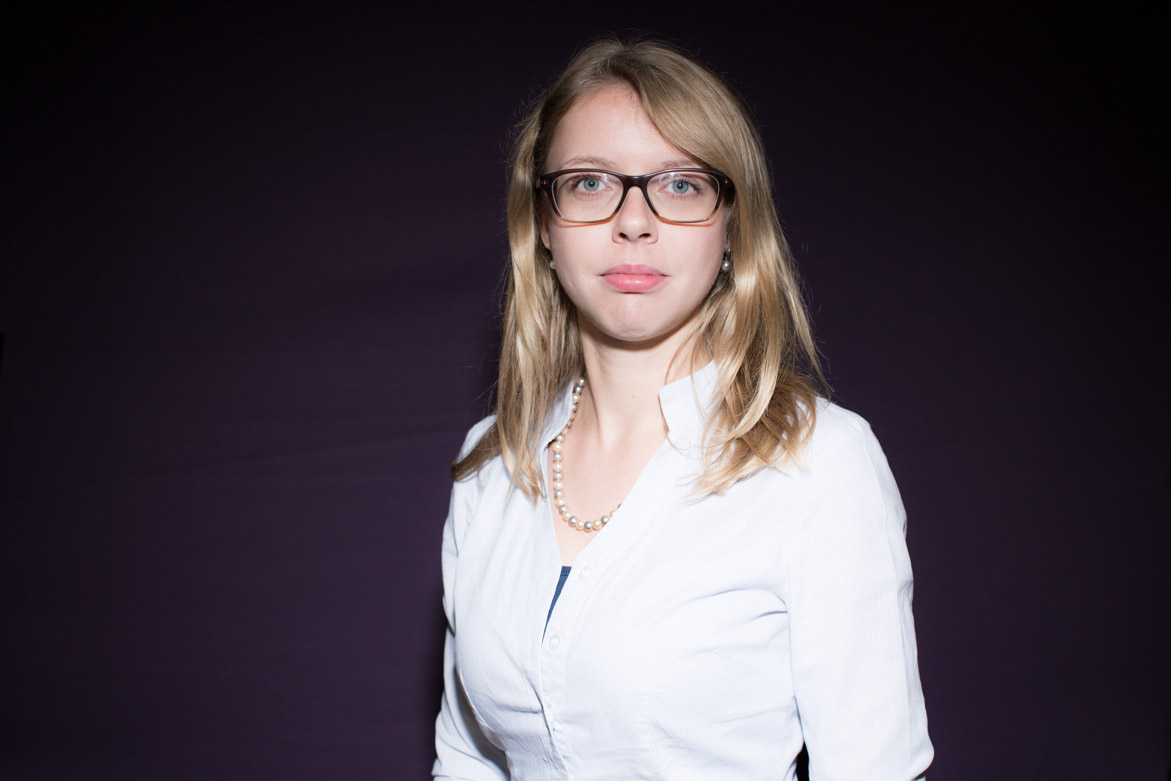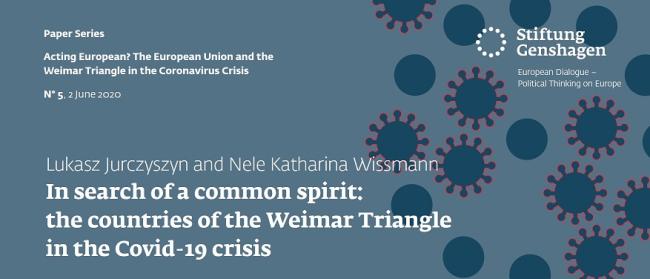
Prénom de l'expert
Nele Katharina
Nom de l'expert
WISSMANN
Research Associate
Research axes:
- Germany: Civil society and French-German relations
- Commemorative culture and Transitional Justice
- European Union: Policies and institutions of the EU, European Neighborhood Policy
Nele Katharina Wissmann worked at teh Cerfa from September 2009 to April 2016. She pursued an integrated French-German program in European studies (Franco-German University). She holds a Research Master’s degree in European studies of New Sorbonne University.
See more










